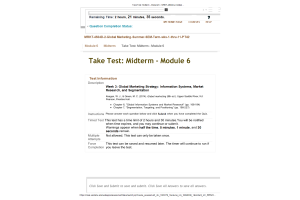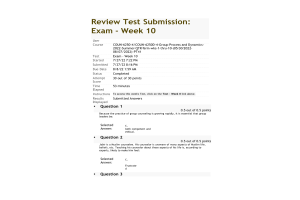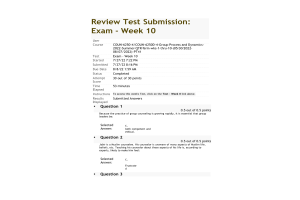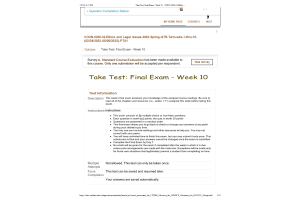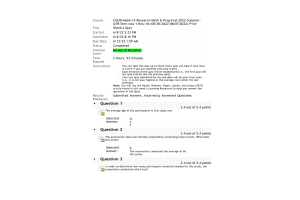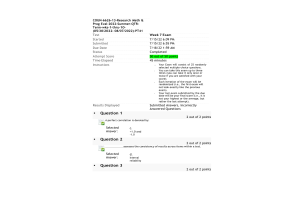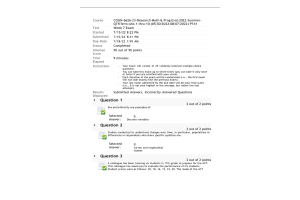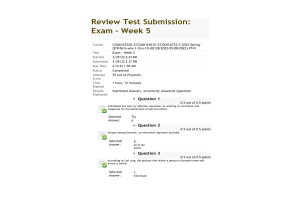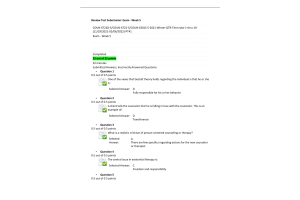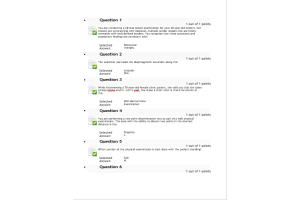COUN 6328S-9COUN-6626-9-Research Meth & Prog Eval, Week 7 Exam (50 out of 50 points)
- $45.00
- Question: Generally, counselors create clinical case notes
- Question: Once counselors have disclosed their legal questions to their immediate supervisors and have received a response either from the supervisor or from an attorney who is advising them as to the proper course of action
- Question: In order for a counselor to be competent to engage in group work, the counselor
- Question: The following are true of distance counseling services EXCEPT:
- Question: Within the counseling profession, the primary national voluntary certification agency is
- Question: Counselors who work in the military may encounter unavoidable dual relationship issues because
- Question: With respect to confidentiality and privileged communication
- Question: Supervision agreements between a clinical supervisor and supervisee
- Question: Studies regarding cultural bias in diagnosis have shown that
- Question: When the client is deceased and there is no statutory language dealing with privilege and the death of the holder, the individual who usually is allowed to assert the privilege is
- Question: To be a culturally sensitive counselor, when a client from a different culture offers a counselor a gift, the counselor
- Question: From the perspective of principle ethics, a counselor who is counseling a client planning a violent act against another person and who intervenes to notify family members is
- Question: Counselors who practice from a developmental perspective
- Question: The Family Educational Rights and Privacy Act of 1974 (FERPA), which is sometimes referred to as the “Buckley Amendment,” affects all.
- Question: Malpractice is a type of civil lawsuit that can be filed against counseling professionals for practicing in a manner that leads to
- Question: It is impossible for counselors to understand all aspects of the law but the best advice for counselors who face legal questions is to
- Question: If a counselor is asked to disclose privileged information about a client who cannot be located, then the obligation to assert the privilege rests with
- Question: Cultural competencies in working with LGBTQIQ clients include
- Question: Question:
- Question: When counseling clients who are terminally ill and wish to explore end-of-life decisions, Question: counselors should do all of the following EXCEPT:
- Question: Competence is most closely related to the moral principle of
- Question: When uncertain about the privileged status of information requested for disclosure through a subpoena, a counselor consults with
- Question: In distance counseling, counselors may be subject to
- Question: All of the following are challenges associated with distance counseling, EXCEPT:
- Question: Counselors who intend to conduct family counseling as part of their professional practice should
- Question: Breaches of client confidentiality by counselors
- Question: When counseling a client from a racial, ethnic, or cultural group different from the counselor’s, it is important for the counselor to remember that
- Question: A fundamental tenet of the wellness model is that
- Question: Which of the following is TRUE of cultural diversity in technology use:
- Question: Because many counselors come from a middle class background, they
- Question: The standard used to determine whether a particular counselor is qualified to administer and interpret a particular test
- Question: The primary purpose of the ACA Code of Ethics is
- Question: Laws
- Question: When counseling clients who have been sexually exploited by a previous mental health professional, counselors should
- Question: Whether or not a supervisor is likely to be held responsible, along with the supervisee, when a supervisee’s client commits suicide depends on whether
- Question: Friendships with former clients
- Question: In distance counseling, informed consent should include
- Question: When you have an ethical question and you are having trouble making a decision, counselors are best advised to
- Question: Informed consent in group counseling should include
- Question: The term “culturally encapsulated counselor” refers to a counselor who
- Question: When a member expresses a desire to drop out of an ongoing group, the counselor should
- Question: When local chapters, state branches, regions, and divisions of ACA receive ethical complaints against members, they refer them to
- Question: To be effective when counseling clients with physical disabilities, counselors
- Question: Privileged communication statutes
- Question: Within the counseling profession, the primary goal of counseling is to
- Question: Law and ethics differ in that
- Question: Counselors who function according to mandatory ethics
- Question: A core belief that members of the counseling profession hold concerning helping others with their mental health concerns is
- Question: At their most fundamental level, codes of ethics serve to
- Question: The best statement about the nature of professional ethics in counseling is that

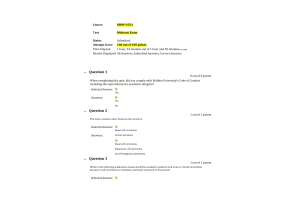
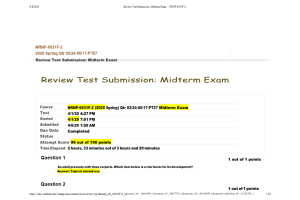
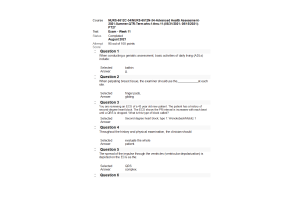
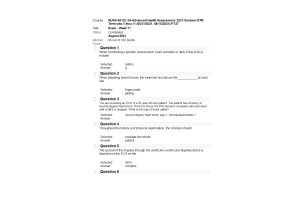
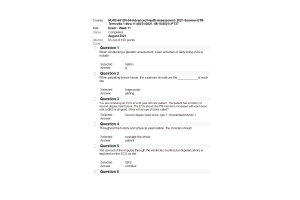
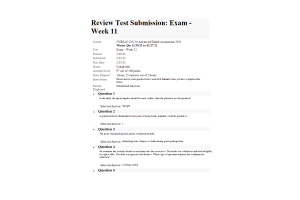
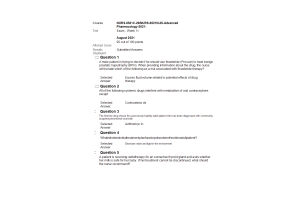

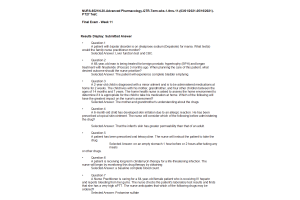
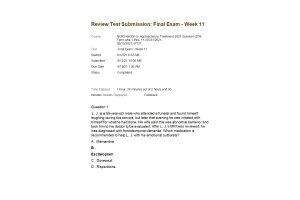
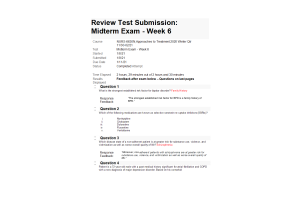
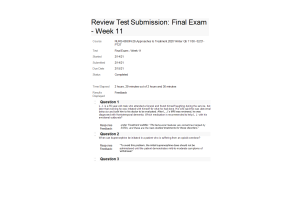
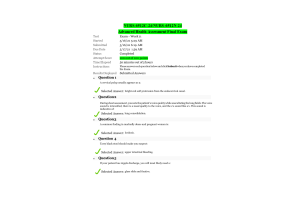
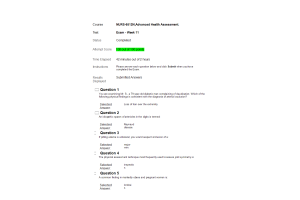
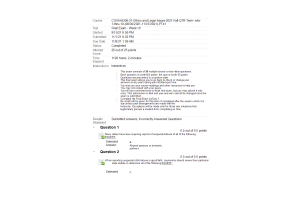
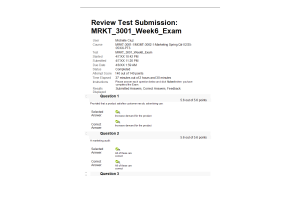
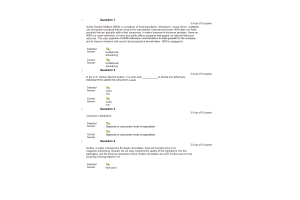
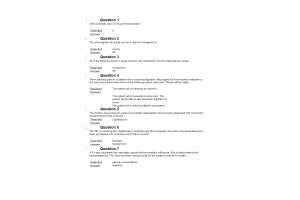
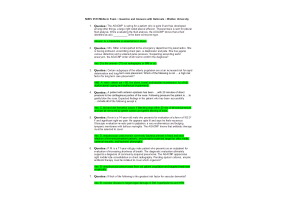
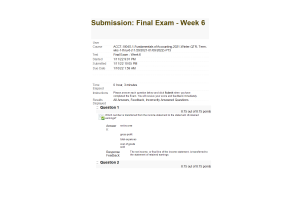
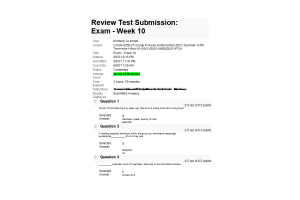
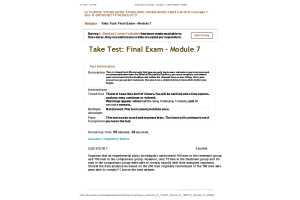
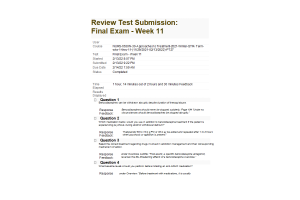
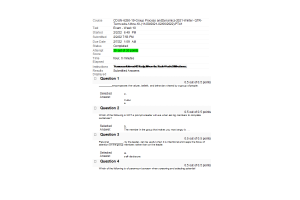
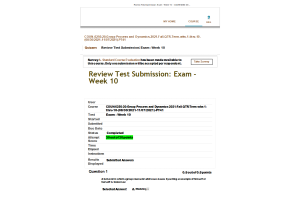

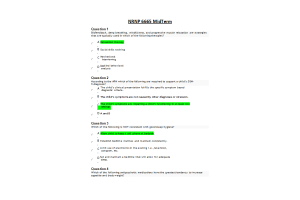
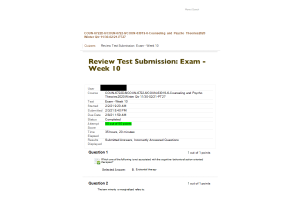
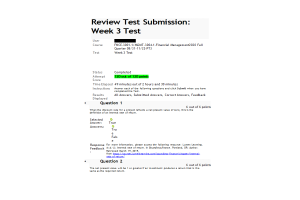
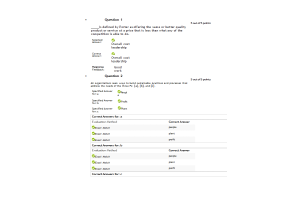
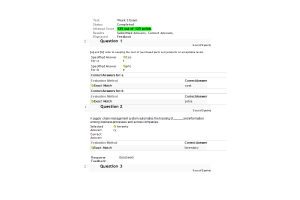
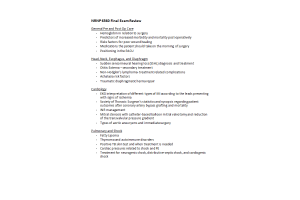

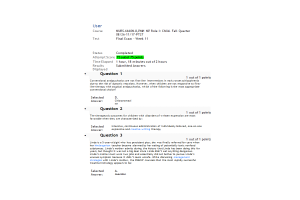
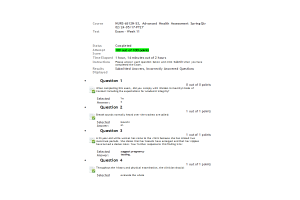

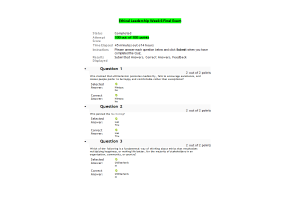
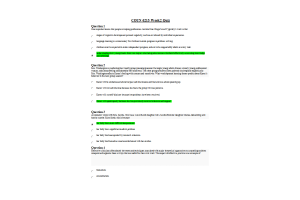



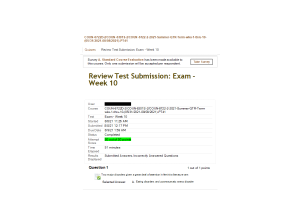

-300x200.png)
-300x200.png)
-300x200.png)
-300x200.png)
-300x200.png)
-300x200.png)

